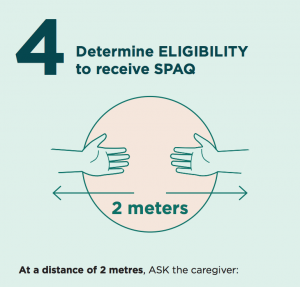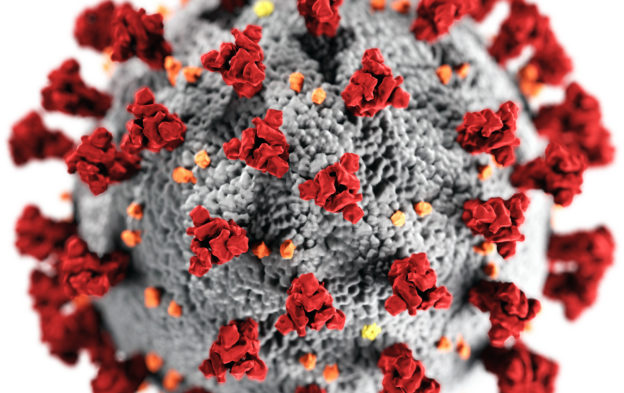Organizations supporting and delivering public health and poverty alleviation programs have been impacted by the COVID-19 pandemic in many ways. Here, we provide a brief look at how some of the groups we’ve supported are responding to the pandemic.
We share an example of a charity that continues to implement its health program, with modifications for social distancing and safety; charities that have paused their programs, but continue supporting their staff; and a charity that is allocating funding to pandemic-response efforts.
This is neither a comprehensive update nor a static one. The situation is evolving rapidly. We will share a more complete update on what the pandemic means for our top charities and their funding needs closer to the end of the year. We continue to recommend that donors give to “Grants to recommended charities at GiveWell’s discretion,” which we allocate among our recommended charities where we see the greatest need.
What follows is a snapshot of what’s happening now.
Examples of how charities are responding
A charity that is continuing its program, but with modifications: Malaria Consortium’s seasonal malaria chemoprevention program
Seasonal malaria chemoprevention (SMC) is the delivery of anti-malarial medication to children under age five during the time of year when malaria transmission is highest.[1] The World Health Organization (WHO) recommends that programs to prevent malaria, including SMC, continue during the pandemic.[2]
Malaria Consortium is a GiveWell top charity that supports SMC campaigns (primarily door-to-door) in the Sahel region of Africa.[3] We expect Malaria Consortium’s next SMC distributions to take place during the upcoming July-to-October rainy season.[4]
GiveWell-directed funding to Malaria Consortium’s SMC program is flexible. We don’t restrict its use to specific activities. That means Malaria Consortium can use GiveWell-directed funds to quickly adapt its distribution model to prevent the spread of COVID-19.
Malaria Consortium will aim to provide personal protective equipment, including masks and gloves, to its community SMC distributors. It also plans to provide alcohol-based hand sanitizers, disinfecting wipes, soap, bio-waste bags, and additional T-shirts and hijabs.[5] Malaria Consortium has instructed community distributors to maintain two meters of distance in their interactions and to share information on how to prevent COVID-19 while visiting each household.[6]
Image from Malaria Consortium’s visual aid for community distributors. SPAQ (sulfadoxine-pyrimethamine and amodiaquine) is medication to prevent malaria.
Overall, Malaria Consortium expects slightly higher costs for its campaigns as a result


